Bumble bees and Conservation

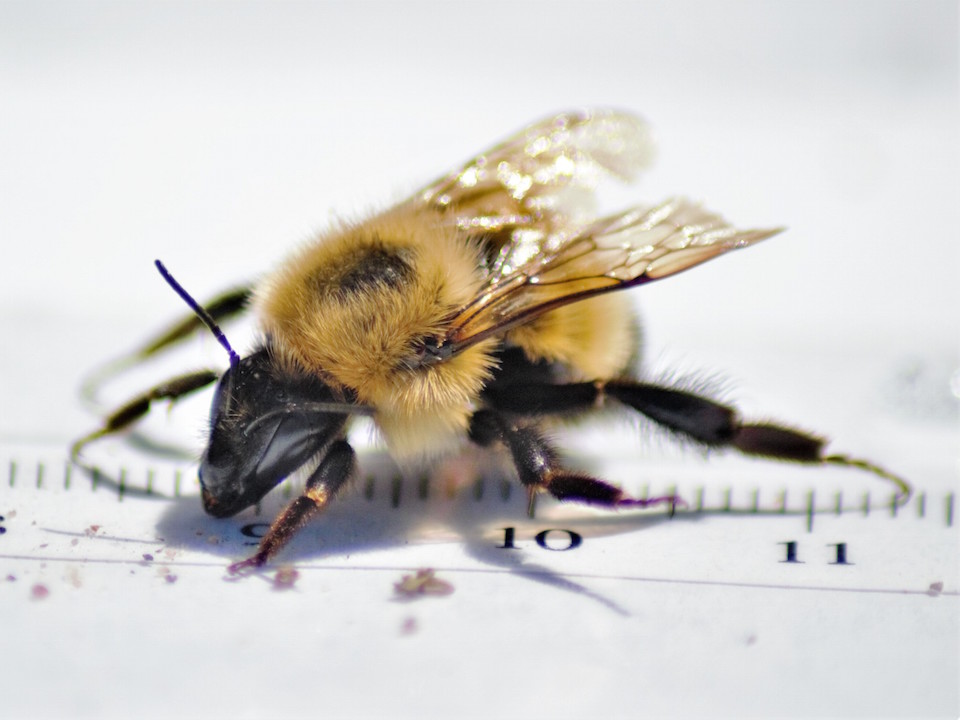
DATE: MARCH 12, 2019
SUBJECT: Morgan Harris is a Private Land Biologist with the Conservation Management Institute and Defenders of Wildlife and a part-time Conservation Biologist at WILDSOUTH. He works with volunteers to participate in the daily essentials of wild lands preservation and private citizens who need some advice with creeks and water issues with animals on their property.
LOCATION OF EVENT: West Asheville Library from 5:30 – 7:00 P.M.
ORGANIZATION: Event sponsored by the Blue Ridge Naturalist Network and the West Asheville Library
PRESENTER: Morgan Harris PHONE: 828-258-2667, Ext. 4
E-MAIL: morgan@wildsouth.org
ATTENDANCE: 39 people and 3 Board Members
DESCRIPTION: Morgan Harris gave an overall description of Bumble Bees, the number of species in the U.S.- 47 – (many of them Native) and that only one of the species makes honey and it is not Native. 65% of the bees are ground nesters and 35% nest above ground. Many bees can fly in cold, wet conditions, but bees love the sun. They learn to access resources and are quite intelligent. They have diverse tongue lengths and visit diverse communities of flowers.
Mr. Harris talked about the life cycle of a bee, the Queen and worker bees, Honey bees (about 1/3 the size of Bumble Bees), Mimic flyers, Carpenter Bees, Rusty Patch Bumble Bees and the fact that bees are declining and heading toward extinction. He discussed Citizen Science Projects that build capacity for conservation and provide great opportunities for learning (utilizing iNaturalist).
COMMENTS: The talk and slides were very informative and well-received. Some materials from WILDSOUTH were available for the attendees and a lively ‘Question and Answer’ exchange occurred throughout the presentation.
Morgan graduated from Appalachian State University with a Master’s degree in Biology in 2014 and since then has dedicated his career to species conservation. Morgan has worked in Hawaii for seabird conservation, with the NC Wildlife Resource Commission performing conservation status assessments for 60 different species and as a field researcher in aquatic conservation. He has spent a large portion of his time with his face in the water searching for rare species like Appalachian Elktoe Mussels and Eastern Hellbenders. More recently, Morgan has been heading up Wild South’s biodiversity conservation program at Wild South where he works with volunteers and interns to help save species, from Bumble Bees to Hellbenders, from the threat of extinction.
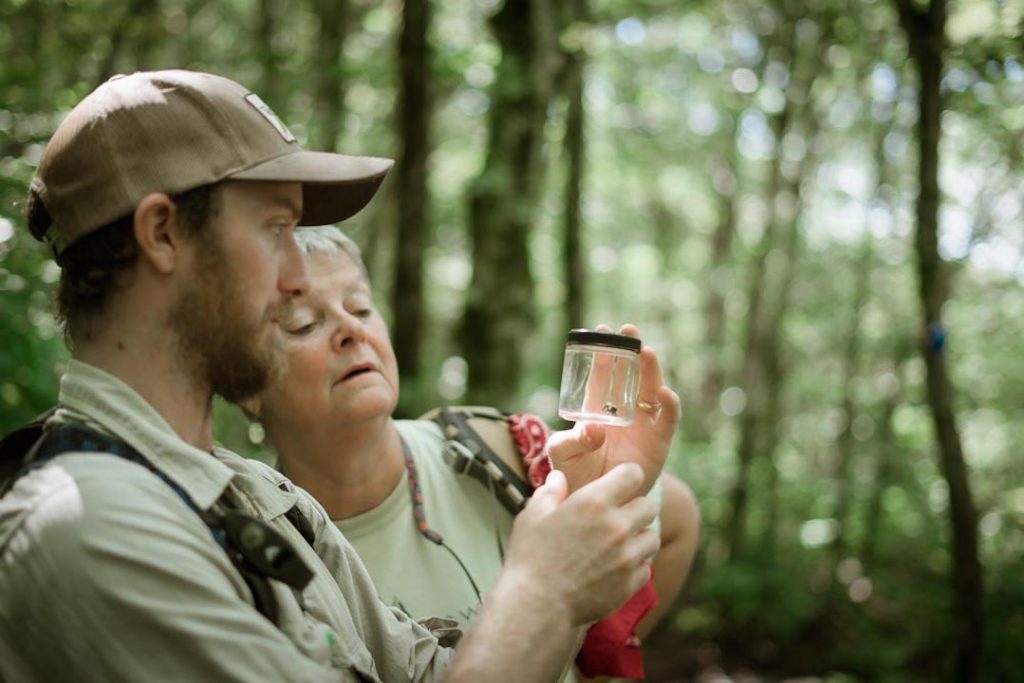
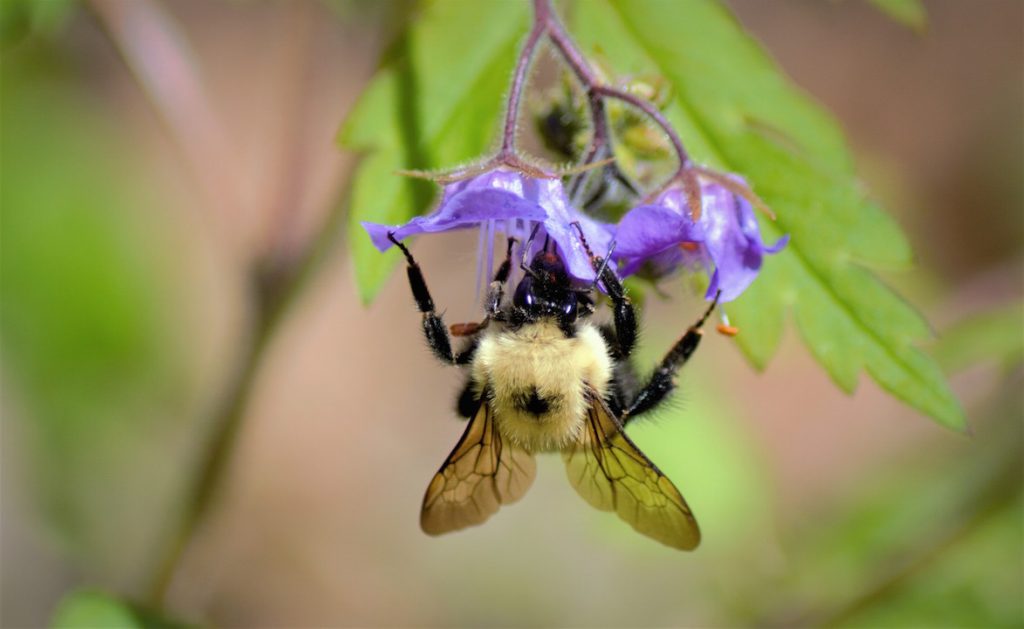
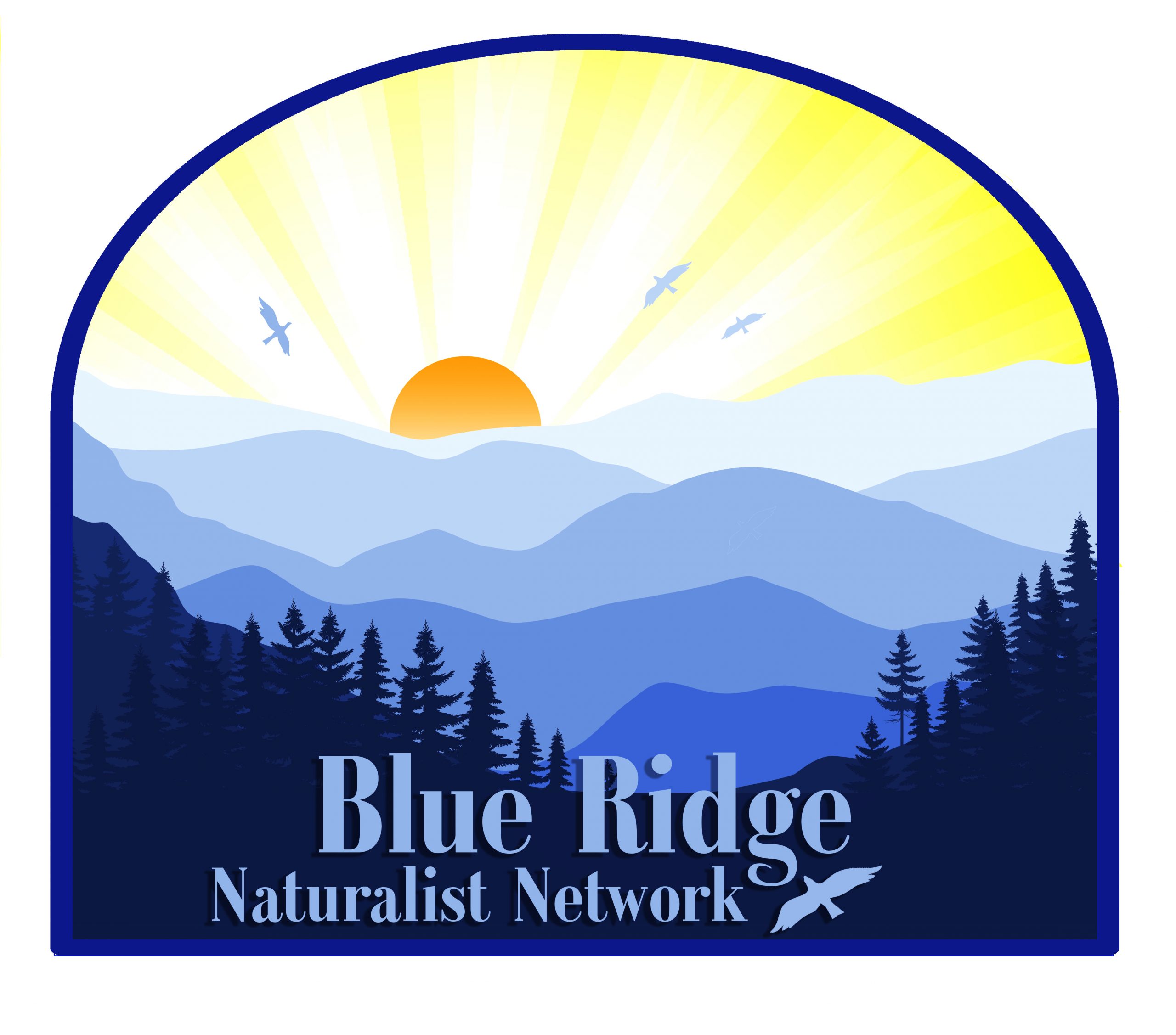
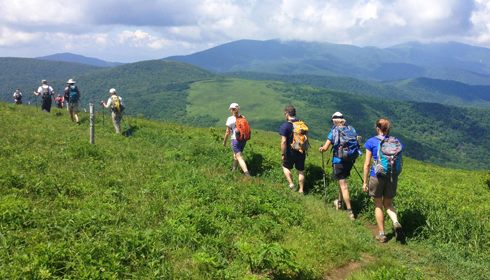




22 comments